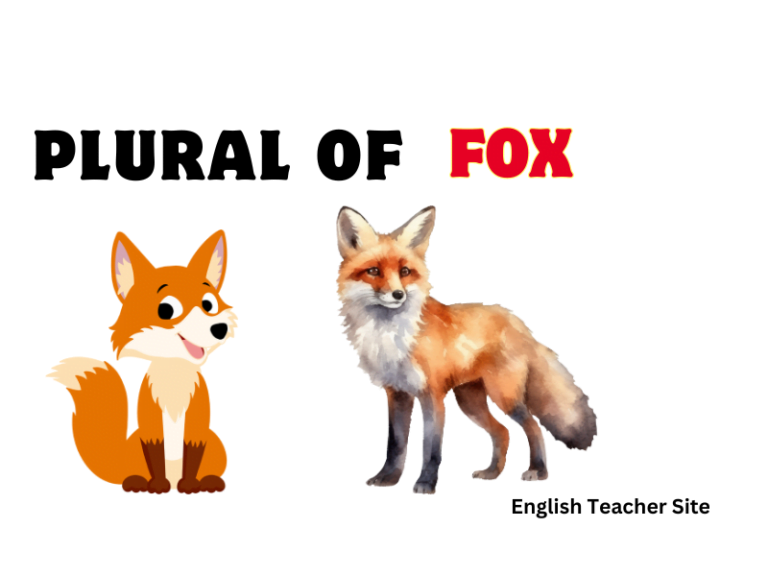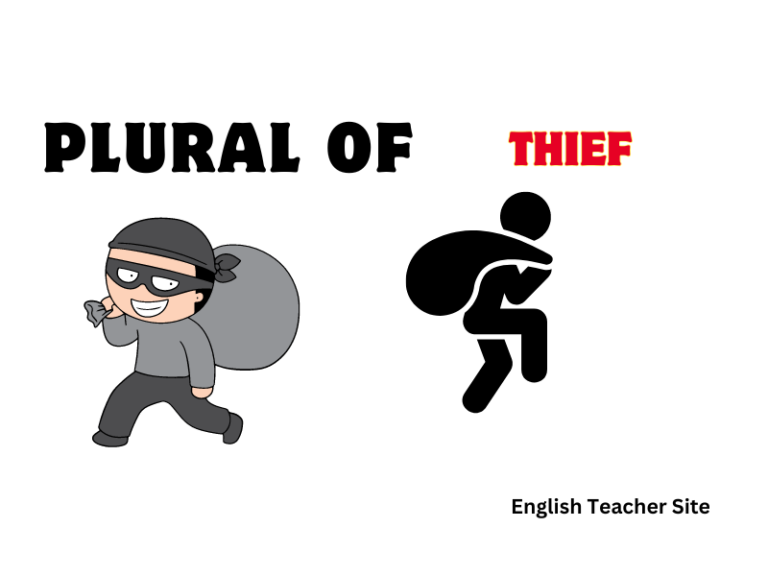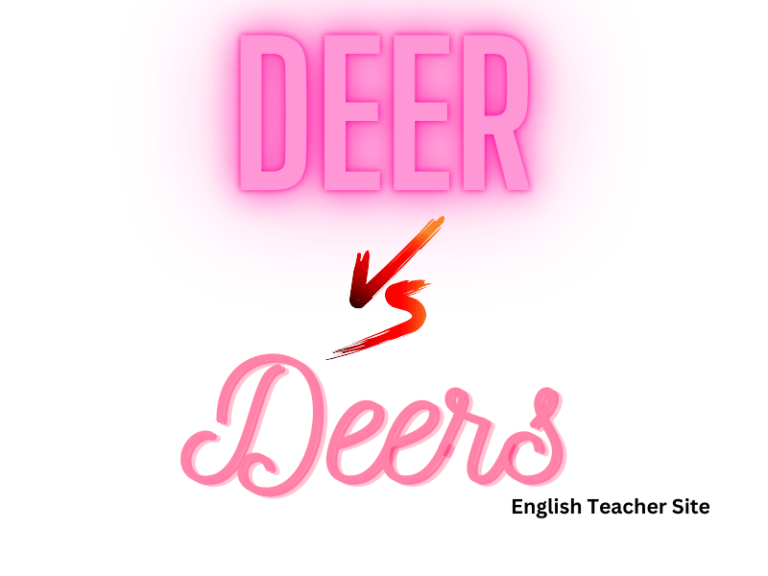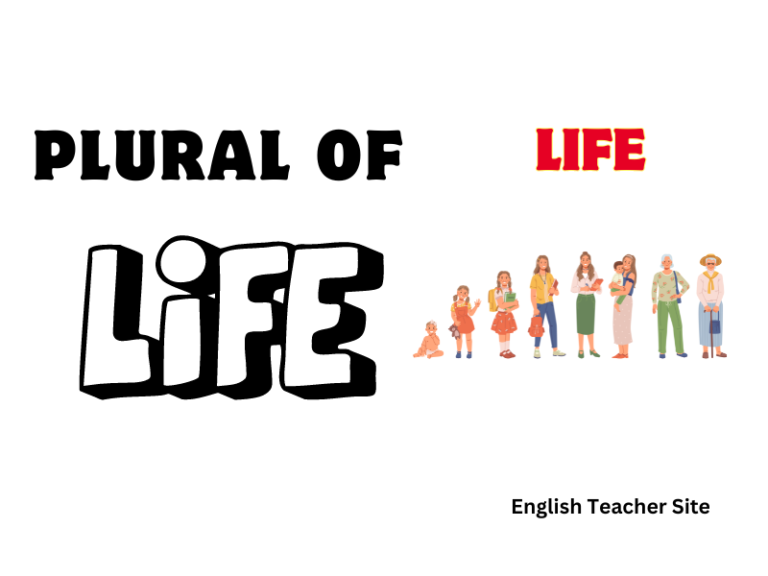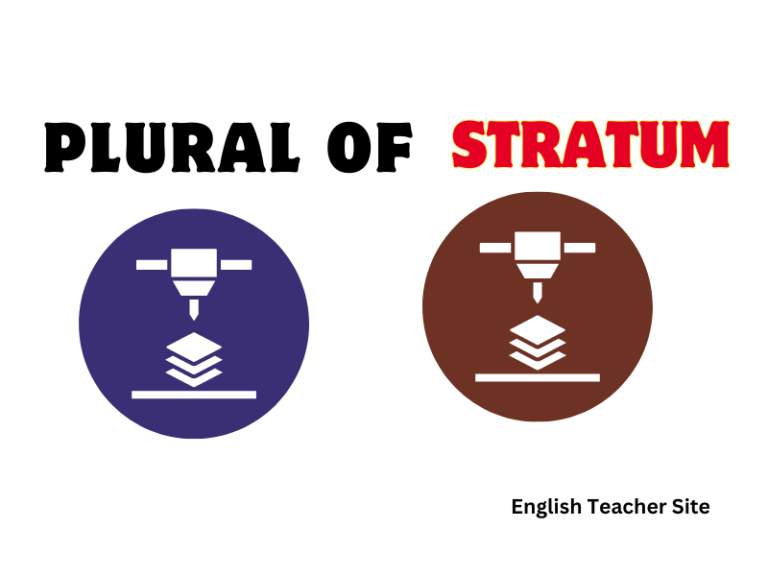Fish or Fishes: What is the Correct Usage in English Language
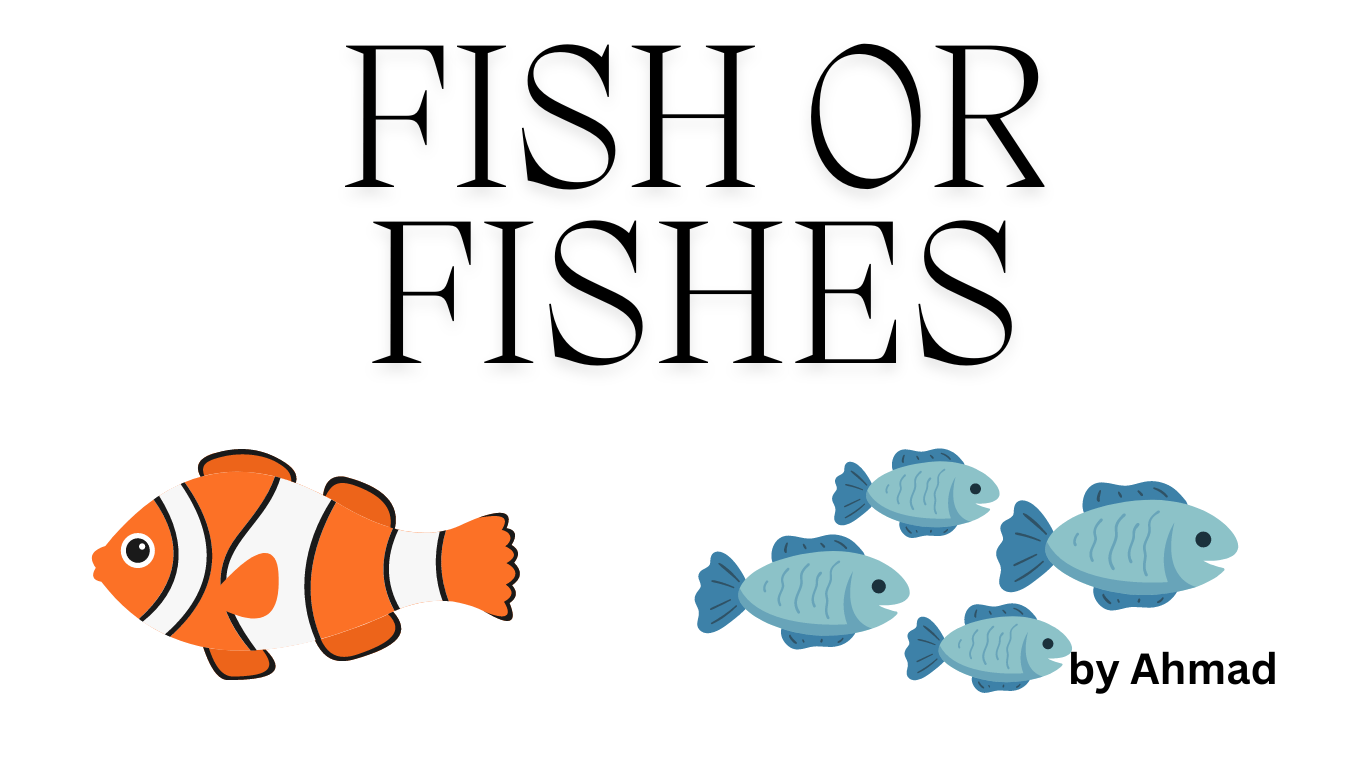
What Is the Plural of “Fish”?
- “Fish” can be singular or plural for the same species, whereas “fishes” denotes multiple species.
- Usage of “fish” versus “fishes” varies by context, with “fishes” often used in scientific references.
- Knowing the correct term to use clarifies communication and reflects an understanding of language nuances.
Both “fish” and “fishes” carry their own connotations and are used differently across various disciplines. In scientific contexts, specificity is key, and “fishes” becomes the term of choice when denoting biodiversity. In everyday language, “fish” is predominantly used, preserving simplicity and avoiding unnecessary complexity in communication.
When to use fish vs. fishes
“Fish” and “fishes” are both used to describe aquatic creatures, but their usage differs:
- “Fish” is generally used as both singular and plural when referring to multiple individuals of the same species or a collective group of fish: “I caught a fish,” “There are many fish in the lake.”
- “Fishes” is used when referring to multiple species of fish: “There are various fishes in the aquarium,” or in scientific contexts discussing different species: “The expedition discovered numerous fishes in the ocean.”
Remember:
- Use “fish” for multiple individuals of the same species or in general terms.
- Use “fishes” when referring to multiple species or in scientific contexts emphasizing biodiversity.
Examples of using Fish and Fishes
Here are four sentences using “fish”:
- She enjoys watching the colorful fish swim gracefully in the aquarium.
- He caught a massive fish during his fishing trip at the lake yesterday.
- The seafood restaurant served a delicious dish made with fresh fish from the local market.
- They studied the behavior of fish in their natural habitat for their marine biology project.
And here are four sentences using “fishes”:
- The marine biologist cataloged various fishes found in the coral reef ecosystem.
- The exhibit showcases a diverse collection of tropical fishes from around the world.
- Scientists are researching the impact of pollution on different fishes in the river.
- The aquarium features an array of exotic fishes, each from distinct regions of the ocean.
Is Fish a Verb or a Noun?
Fish serves different linguistic functions in the English language. It acts as both a noun referring to aquatic vertebrates and a verb for the act of trying to catch these creatures. The clarity of communication hinges upon recognizing the contexts in which ‘fish’ changes its meaning.
Is Fish an (Adjective)?
Fish is often utilized as an adjective to describe something related to these aquatic animals, such as fish market or fish tank. It is important to note:
- Common uses: fish food, fish scales
- Attributes these items exhibit: marine-related qualities
| Adjective | Typical Context |
|---|---|
| Fish | Fish tank in a pet store |
| Fish | Fish fillet at a restaurant |
Common Mistakes
Mistakes involving ‘fish’ can lead to confusion. Examples include:
- Misidentifying ‘fish’ as only singular or only plural, when it serves as both.
- Confusing ‘fish’ for ‘fishes’, which typically denotes multiple species.
| Common Mistake | Correction |
|---|---|
| Fishes in tank | Fish in the tank |
| Many fish species | Several species of fish |
Every Day (Adverb + Noun)
Contrary to ‘fish’ being an adjective, every day is an adverbial phrase, indicating how frequently something occurs, and is completely unrelated to the topic of fish or fishes.
- It describes frequency: She feeds her fish every day.
- It is separate from ‘everyday’ which modifies nouns: She uses her everyday fish net.
| Adverb + Noun Phrase | Contextual Example |
|---|---|
| Every day | He goes fishing every day. |
My name is Khamis Maiouf. I am the creator of the English Teacher Site, dedicated to providing valuable resources and insights for students around the world. With a passion for education and a commitment to helping students enhance their skills, I aim to make English teaching more effective and enjoyable for both educators and students.

